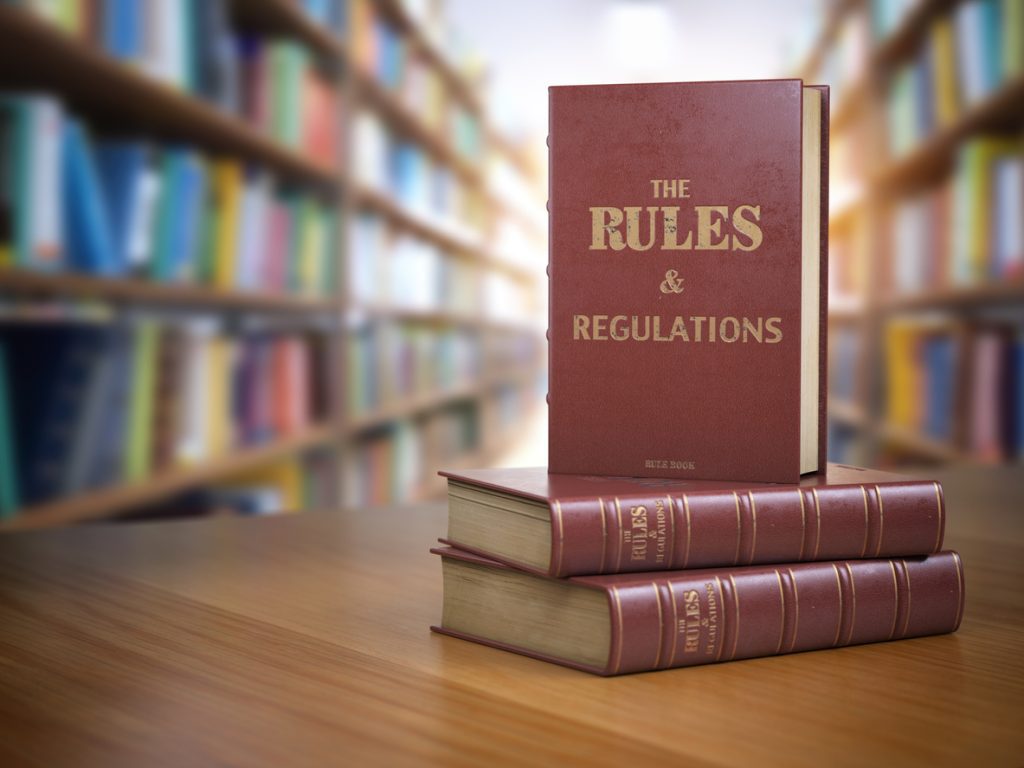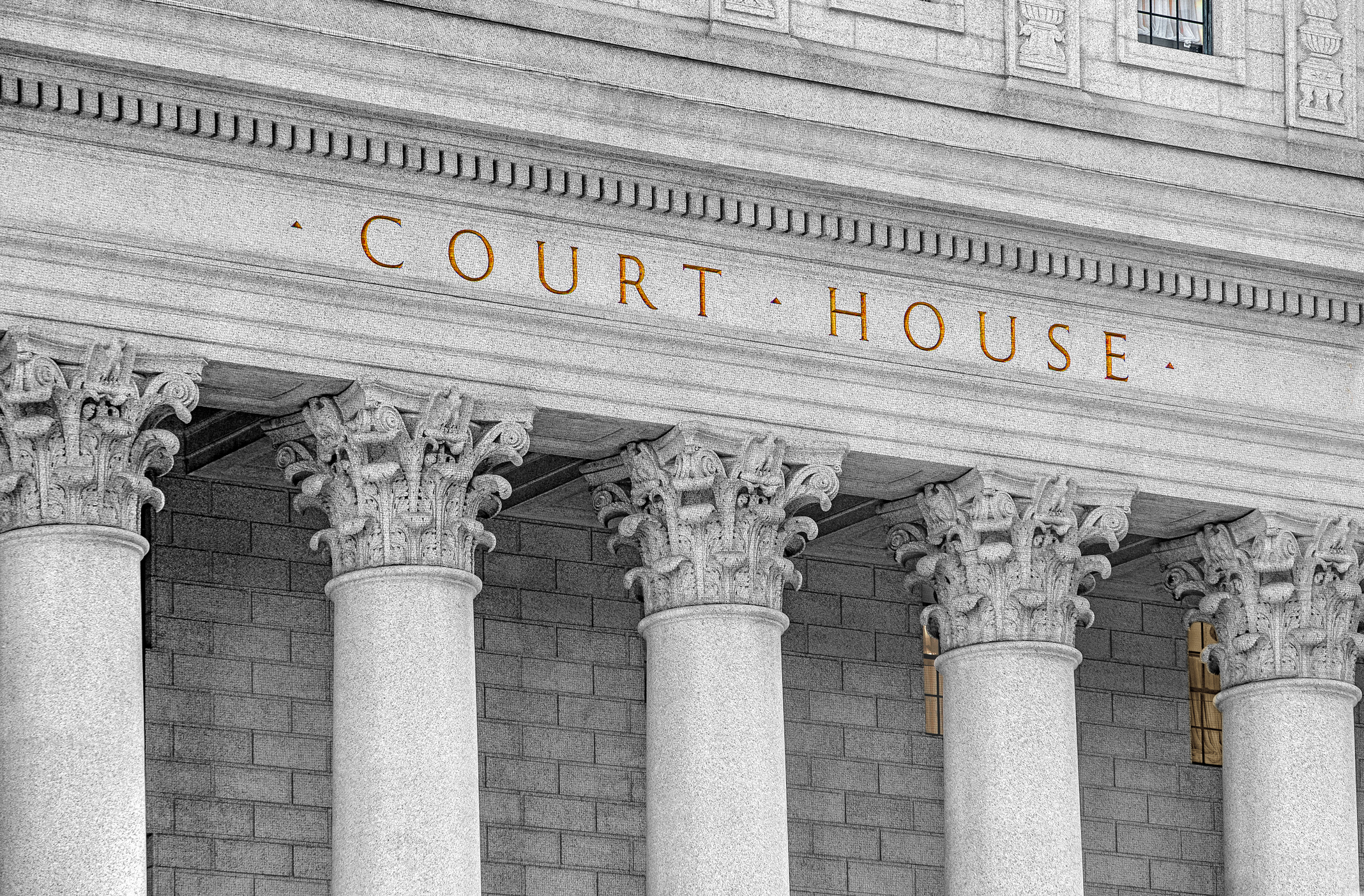If you have been charged with a crime, you need to know what rules apply to your criminal court case. If you’re in federal court, there are a few different rules you need to know about.
There are the Federal Rules of Evidence and Federal Rules of Criminal Procedure. Then there are also rules of law created by case law. Many federal district courts have local rules as well. In fact, some federal judges even have their own set of rules, too.
But, if you’re in a state court, none of these rules apply. Many states have their own rules for a procedure, evidence, and other rules as well.
What rules apply in all federal criminal cases?
In federal court, a few kinds of rules apply in a criminal case that you should be aware of. First, there are the Federal Rules of Evidence. These rules apply to almost all federal court cases, including criminal ones. These control what evidence courts can and cannot allow in your case. The rules touch on relevancy, hearsay, character evidence, witnesses, experts, and more.
Next, there are the Federal Rules of Criminal Procedure. These rules apply to all criminal cases in federal courts. These rules control the process that happens in federal criminal cases. They address everything from your arrest to your appeals and post-conviction motions.
Every state has its own rules of evidence and criminal procedure. For example, North Carolina has its own set of criminal rules for procedures. It also has its own rules of evidence that are part of its statutes.
While many are the same as the federal rules, there are some differences. You need to review your state’s rules if you face criminal charges in state court.

What other rules do you need to know about?
Beyond evidence and criminal-procedure rules, other rules may apply as well. But first, you have to understand how federal district courts work.
States can have one or more federal judicial districts. For example, in North Carolina, there are three U.S. District Courts. There are District Courts for the Eastern, Middle, and Western Districts. In Michigan, there are only Eastern and Western Districts. And in Delaware, there is only one: the District of Delaware.
Each district has its own set of rules. For example, this link takes you to the special rules for the Western District of North Carolina. These rules apply in all cases in that court. That’s true even though they aren’t from the federal evidence or criminal-procedure rules.
But these local rules aren’t the only ones that might apply. In the Middle District of North Carolina, for example, they also have local rules. On top of those local rules, they have judicial preferences for each judge, too. These preferences set formatting requirements and include warnings about certain things.
The Takeaway:
There are many kinds of rules that apply in criminal cases. Which rules apply depend on whether your case is in state or federal court. If your case is in federal court, there are evidence and procedure rules. But there are local rules and judicial preferences that apply, too. If you are in state court, you need to know the specific rules for your state.






